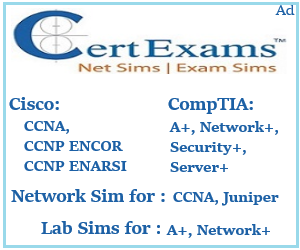6. Hardening: The process of securing a system by reducing vulnerabilities, removing unnecessary services, implementing security controls, and following best practices to minimize the attack surface.
7. Defense-in-Depth: An approach that involves deploying multiple layers of security controls and measures to protect systems and data. If one layer is compromised, other layers can still provide protection.
8. Confidentiality, Integrity, and Availability (CIA): The three pillars of information security:
Confidentiality: Ensuring that sensitive information is only accessible to authorized individuals or entities.
Integrity: Maintaining the accuracy, consistency, and trustworthiness of data and system resources.
Availability: Ensuring that authorized users have timely and uninterrupted access to information and system resources.
9.Types of Attackers: Attackers can be categorized into different groups based on their motivation and level of expertise:
Script Kiddies: Individuals with limited technical skills who use pre-existing tools and scripts to launch attacks for fun or curiosity.
Hacktivists: Individuals or groups who carry out cyber attacks to promote a political or social agenda.
Cybercriminals: Individuals or organized groups who engage in illegal activities for financial gain, such as stealing sensitive data or conducting ransomware attacks.
Nation-state Actors: State-sponsored attackers who conduct cyber espionage, sabotage, or disruption on behalf of a nation-state.
Insider Threats: Employees, contractors, or trusted individuals who misuse their access privileges to cause harm or breach security.
10. Reasons for Attacks: Attackers may have various motivations, including:
Financial Gain: Stealing sensitive information or carrying out ransomware attacks to extort money.
Espionage: Gathering classified or valuable information for political, economic, or military advantage.
Sabotage: Disrupting or disabling critical infrastructure, systems, or services.
Ideological or Political Beliefs: Carrying out attacks to promote a specific ideology or political agenda.
Personal Vendettas: Seeking revenge or causing harm to specific individuals or organizations.
11. Code of Ethics: A set of principles and guidelines that professionals in the cybersecurity field follow to ensure ethical conduct, respect for privacy, and responsible use of their skills. It promotes integrity, professionalism, and adherence to legal and ethical standards.
Understanding these essential security principles is crucial for building a solid foundation of knowledge and practices to protect systems, data, and networks from threats and attacks.



